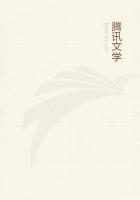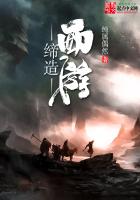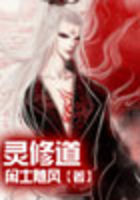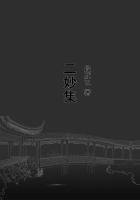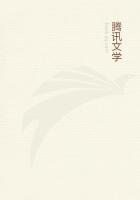Saturday, December 22, 1788
HAMILTON
To the People of the State of New York:
IT WAS a thing hardly to be expected that in a popular revolution the minds of men should stop at that happy mean which marks the salutary boundary between POWER and PRIVILEGE, and combines the energy of government with the security of private rights. A failure in this delicate and important point is the great source of the inconveniences we experience, and if we are not cautious to avoid a repetition of the error, in our future attempts to rectify and ameliorate our system, we may travel from one chimerical project to another; we may try change after change; but we shall never be likely to make any material change for the better.
The idea of restraining the legislative authority, in the means of providing for the national defense, is one of those refinements which owe their origin to a zeal for liberty more ardent than enlightened. We have seen, however, that it has not had thus far an extensive prevalency; that even in this country, where it made its first appearance, Pennsylvania and North Carolina are the only two States by which it has been in any degree patronized; and that all the others have refused to give it the least countenance; wisely judging that confidence must be placed somewhere; that the necessity of doing it, is implied in the very act of delegating power; and that it is better to hazard the abuse of that confidence than to embarrass the government and endanger the public safety by impolitic restrictions on the legislative authority. The opponents of the proposed Constitution combat, in this respect, the general decision of America; and instead of being taught by experience the propriety of correcting any extremes into which we may have heretofore run, they appear disposed to conduct us into others still more dangerous, and more extravagant. As if the tone of government had been found too high, or too rigid, the doctrines they teach are calculated to induce us to depress or to relax it, by expedients which, upon other occasions, have been condemned or forborne. It may be affirmed without the imputation of invective, that if the principles they inculcate, on various points, could so far obtain as to become the popular creed, they would utterly unfit the people of this country for any species of government whatever. But a danger of this kind is not to be apprehended. The citizens of America have too much discernment to be argued into anarchy. And I am much mistaken, if experience has not wrought a deep and solemn conviction in the public mind, that greater energy of government is essential to the welfare and prosperity of the community.
It may not be amiss in this place concisely to remark the origin and progress of the idea, which aims at the exclusion of military establishments in time of peace. Though in speculative minds it may arise from a contemplation of the nature and tendency of such institutions, fortified by the events that have happened in other ages and countries, yet as a national sentiment, it must be traced to those habits of thinking which we derive from the nation from whom the inhabitants of these States have in general sprung.
In England, for a long time after the Norman Conquest, the authority of the monarch was almost unlimited. Inroads were gradually made upon the prerogative, in favor of liberty, first by the barons, and afterwards by the people, till the greatest part of its most formidable pretensions became extinct. But it was not till the revolution in 1688, which elevated the Prince of Orange to the throne of Great Britain, that English liberty was completely triumphant. As incident to the undefined power of making war, an acknowledged prerogative of the crown, Charles II. had, by his own authority, kept on foot in time of peace a body of 5,000 regular troops. And this number James II. increased to 30,000; who were paid out of his civil list. At the revolution, to abolish the exercise of so dangerous an authority, it became an article of the Bill of Rights then framed, that "the raising or keeping a standing army within the kingdom in time of peace, UNLESS WITH THE CONSENT OF PARLIAMENT, was against law."
In that kingdom, when the pulse of liberty was at its highest pitch, no security against the danger of standing armies was thought requisite, beyond a prohibition of their being raised or kept up by the mere authority of the executive magistrate. The patriots, who effected that memorable revolution, were too temperate, too wellinformed, to think of any restraint on the legislative discretion. They were aware that a certain number of troops for guards and garrisons were indispensable; that no precise bounds could be set to the national exigencies; that a power equal to every possible contingency must exist somewhere in the government: and that when they referred the exercise of that power to the judgment of the legislature, they had arrived at the ultimate point of precaution which was reconcilable with the safety of the community.
From the same source, the people of America may be said to have derived an hereditary impression of danger to liberty, from standing armies in time of peace. The circumstances of a revolution quickened the public sensibility on every point connected with the security of popular rights, and in some instances raise the warmth of our zeal beyond the degree which consisted with the due temperature of the body politic. The attempts of two of the States to restrict the authority of the legislature in the article of military establishments, are of the number of these instances. The principles which had taught us to be jealous of the power of an hereditary monarch were by an injudicious excess extended to the representatives of the people in their popular assemblies. Even in some of the States, where this error was not adopted, we find unnecessary declarations that standing armies ought not to be kept up, in time of peace, WITHOUT THE CONSENT OF THE LEGISLATURE.

